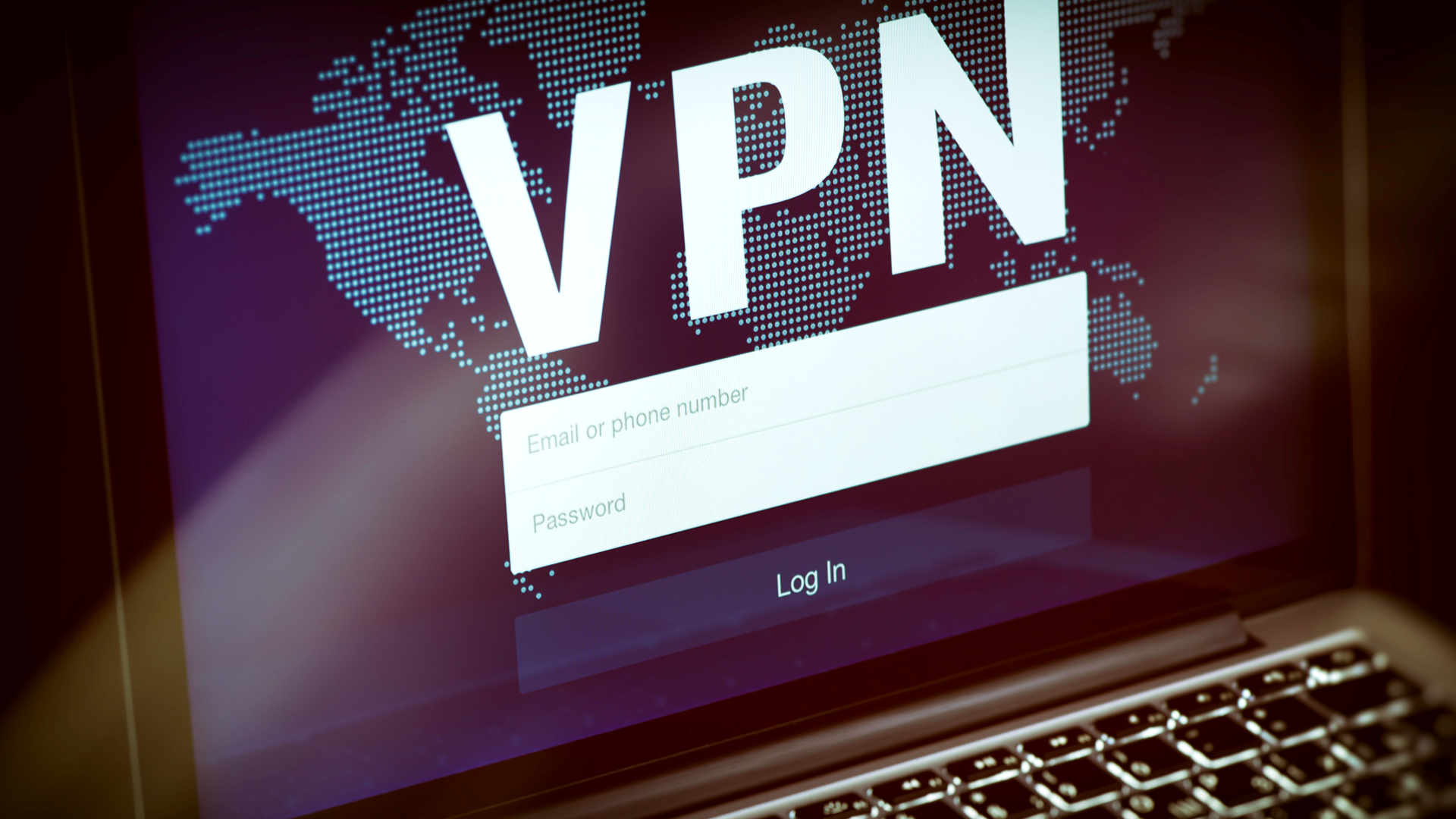APT groups exploiting VPNs to carry out cyber attacks
NCSC and NSA warn that services from Palo Alto, Fortinet and Pulse Secure are vulnerable


The National Cyber Security Centre (NCSC) and the National Security Agency (NSA) have both issued warnings about vulnerabilities that exist in some versions of widely-used virtual private network (VPN) services.
Highly severe flaws across the VPN services developed by Palo Alto Networks, Fortinet and Pulse Connect Secure top the list of vulnerabilities have been exploited by attackers to gain access to vulnerable devices.
The flaws identified by the NCSC stem from vulnerabilities that allow an attacker to retrieve arbitrary files by exploiting the VPN, including documents that could contain user credentials.
These stolen credentials can then be used to connect to the VPN and change settings, as well as connect with other infrastructure. Such a connection could also give attackers access to privileges needed to run secondary exploits that target access to the root shell.
"Users of these VPN products should investigate their logs for evidence of compromise, especially if it is possible that patches were not applied immediately after their release," the NCSC advisory said.
"Administrators should also look for evidence of compromised accounts in active use, such as anomalous IP locations or times. Snort rules are available in open source but may not pick up events for exploits over HTTPS."
The agency has also advised system administrators who suspect there may have been exploitation to revoke credentials that were at risk of theft, including both user and administrative credentials. Resetting credentials will protect against unauthorised access using credentials acquired before affected systems could have been patched.
Sign up today and you will receive a free copy of our Future Focus 2025 report - the leading guidance on AI, cybersecurity and other IT challenges as per 700+ senior executives
"Pulse Secure are aware of and appreciated the reports published by NCSC," a spokesperson said.
"The more customers are made aware of severity of the vulnerabilities and the patch fix Pulse Secure had made available since April 24, 2019, the more motivated customers will be to take necessary and immediate mitigation action by upgrading their VPN system."
RELATED RESOURCE

The NSA, in its assessment, honed in on three critical Pulse Secure flaws that have been "weaponised" by nation state-sponsored cyber criminals. These vulnerabilities would allow for remote arbitrary file downloads and remote code execution on gateways.
The US agency also highlighted one critical vulnerability in Palo Alto GlobalProtect VPN that allowed for remote code execution, and another flaw in Fortinet Fortigate VPN devices.
"Our customer's security is our first priority and we urge customers to immediately implement all appropriate patch updates and signatures," Fortinet said.
"In addition to industry-leading best practices, we follow and comply with regular review processes that include multiple tiers of inspection, internal and third-party audits, and automated triggers and tools across the entire development of our source code."
The company added that it has recently improved its security practices, including the introduction of annual secure code training, a bug identification incentive programme, and automated monitoring of vulnerability landscape.
IT Pro also approached Palo Alto Networks for comment.

Keumars Afifi-Sabet is a writer and editor that specialises in public sector, cyber security, and cloud computing. He first joined ITPro as a staff writer in April 2018 and eventually became its Features Editor. Although a regular contributor to other tech sites in the past, these days you will find Keumars on LiveScience, where he runs its Technology section.
-
 Pegasystems teams up with AWS to supercharge IT modernization
Pegasystems teams up with AWS to supercharge IT modernizationNews The duo aim to create deeper ties between the Blueprint, Bedrock, and Transform services
-
 Arrests made after huge HMRC scam campaign hit 100,000 accounts
Arrests made after huge HMRC scam campaign hit 100,000 accountsNews The Romanian nationals are accused of having used stolen data to make fraudulent claims
-
 Hackers are targeting Ivanti VPN users again – here’s what you need to know
Hackers are targeting Ivanti VPN users again – here’s what you need to knowNews Ivanti has re-patched a security flaw in its Connect Secure VPN appliances that's been exploited by a China-linked espionage group since at least the middle of March.
-
 Broadcom issues urgent alert over three VMware zero-days
Broadcom issues urgent alert over three VMware zero-daysNews The firm says it has information to suggest all three are being exploited in the wild
-
 Nakivo backup flaw still present on some systems months after firms’ ‘silent patch’, researchers claim
Nakivo backup flaw still present on some systems months after firms’ ‘silent patch’, researchers claimNews Over 200 vulnerable Nakivo backup instances have been identified months after the firm silently patched a security flaw.
-
 Everything you need to know about the Microsoft Power Pages vulnerability
Everything you need to know about the Microsoft Power Pages vulnerabilityNews A severe Microsoft Power Pages vulnerability has been fixed after cyber criminals were found to have been exploiting unpatched systems in the wild.
-
 Vulnerability management complexity is leaving enterprises at serious risk
Vulnerability management complexity is leaving enterprises at serious riskNews Fragmented data and siloed processes mean remediation is taking too long
-
 A critical Ivanti flaw is being exploited in the wild – here’s what you need to know
A critical Ivanti flaw is being exploited in the wild – here’s what you need to knowNews Cyber criminals are actively exploiting a critical RCE flaw affecting Ivanti Connect Secure appliances
-
 Researchers claim an AMD security flaw could let hackers access encrypted data
Researchers claim an AMD security flaw could let hackers access encrypted dataNews Using only a $10 test rig, researchers were able to pull off the badRAM attack
-
 A journey to cyber resilience
A journey to cyber resiliencewhitepaper DORA: Ushering in a new era of cyber security